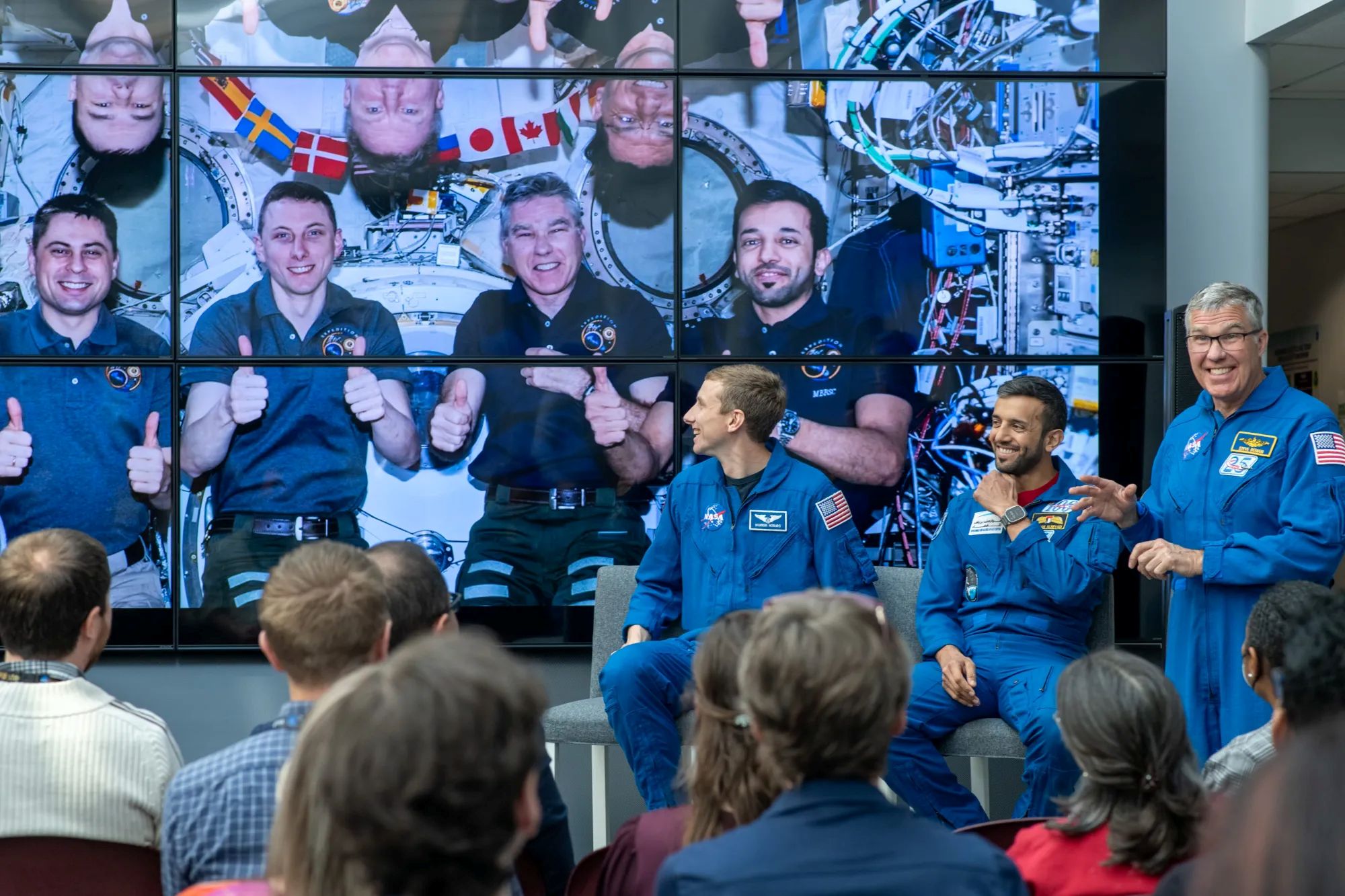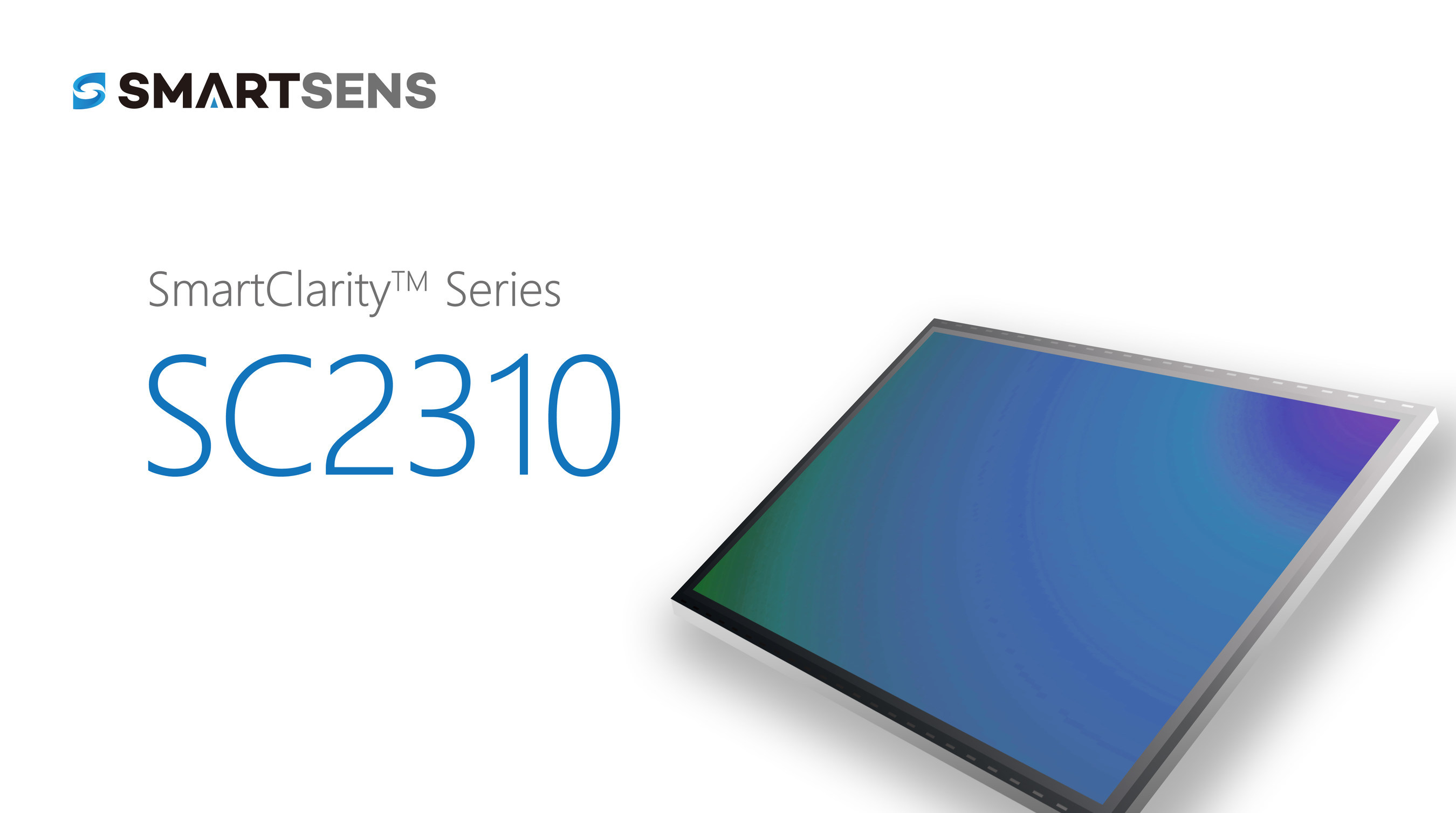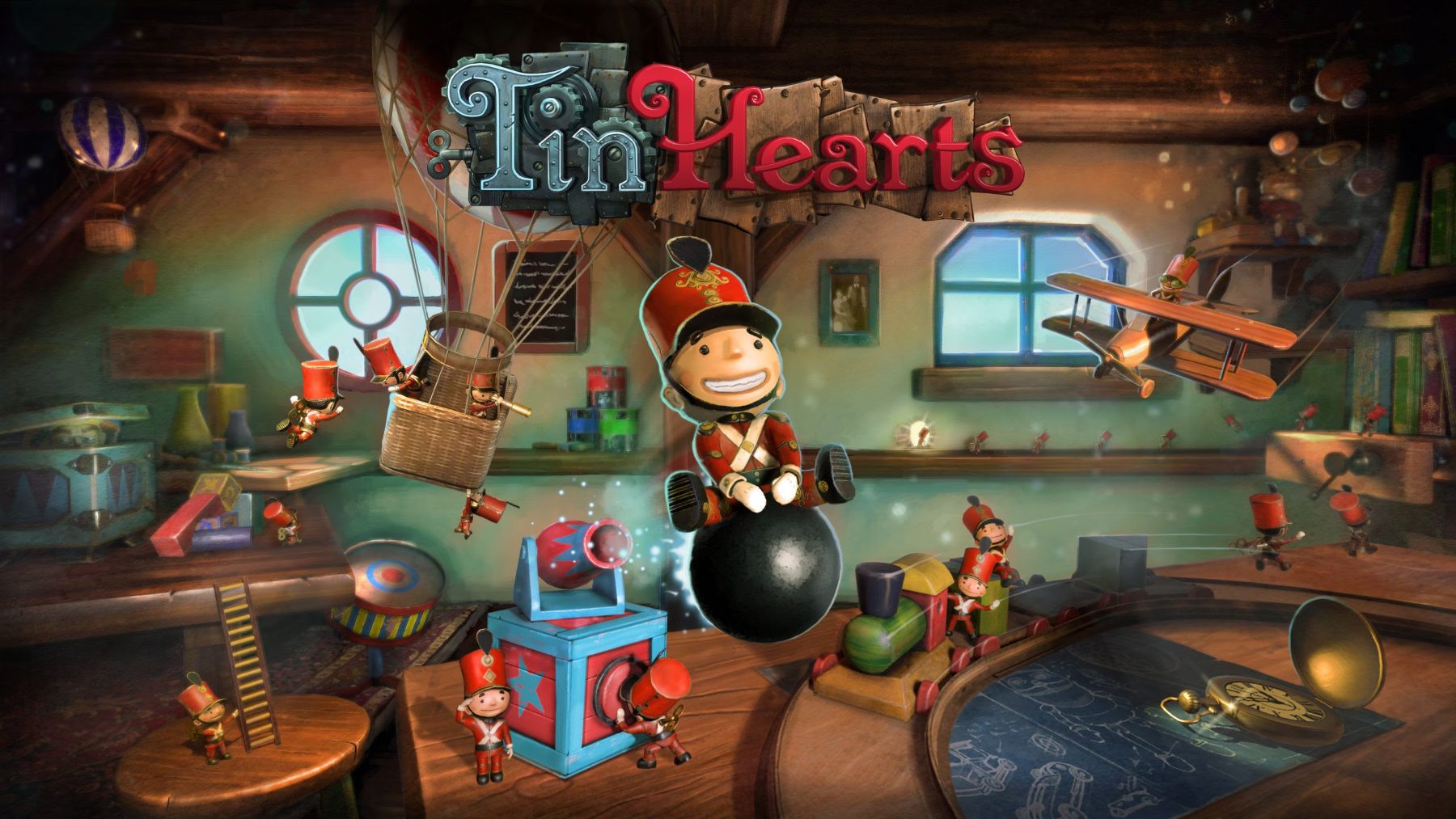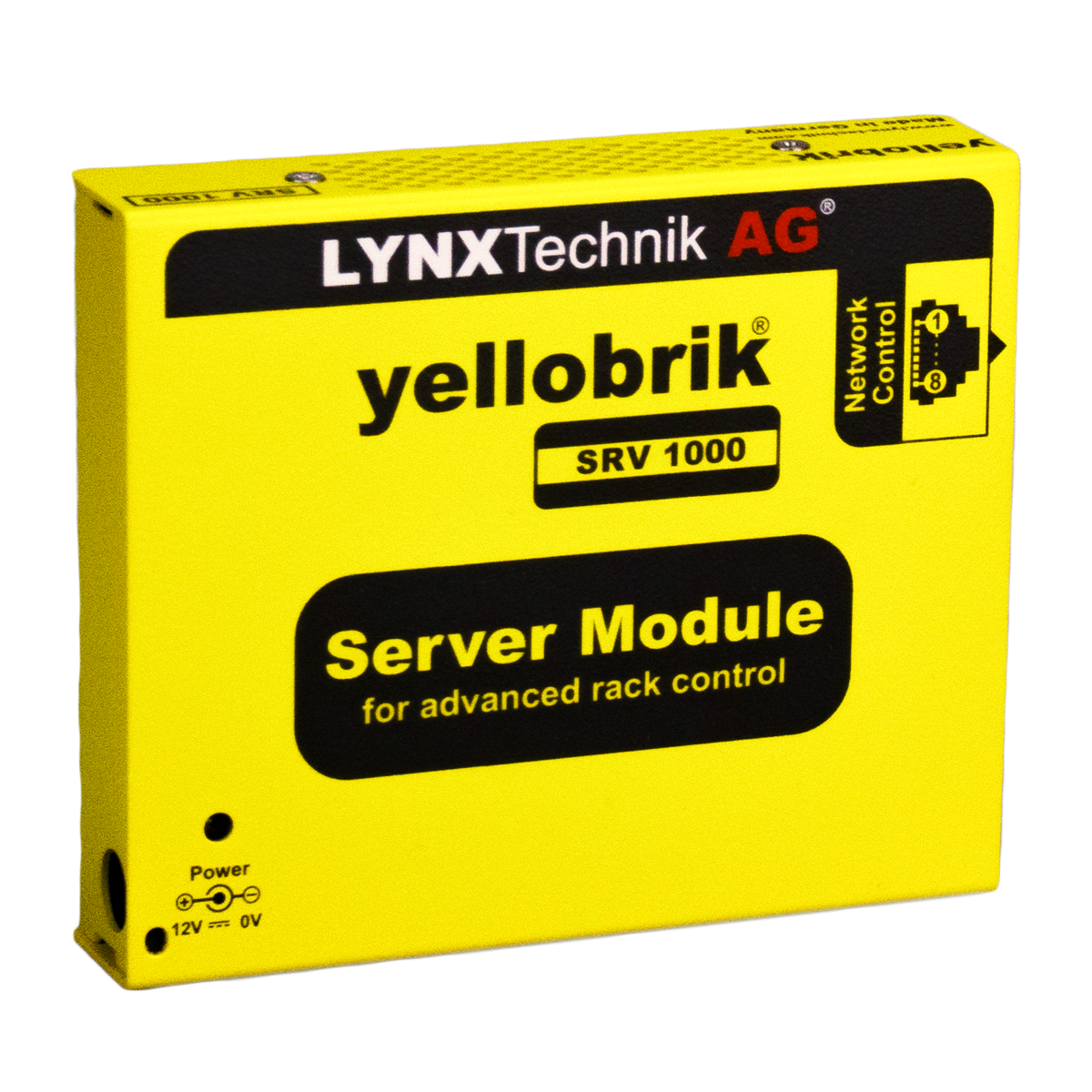NASA Awards Universities $1.2M for Space Station, Suborbital Research
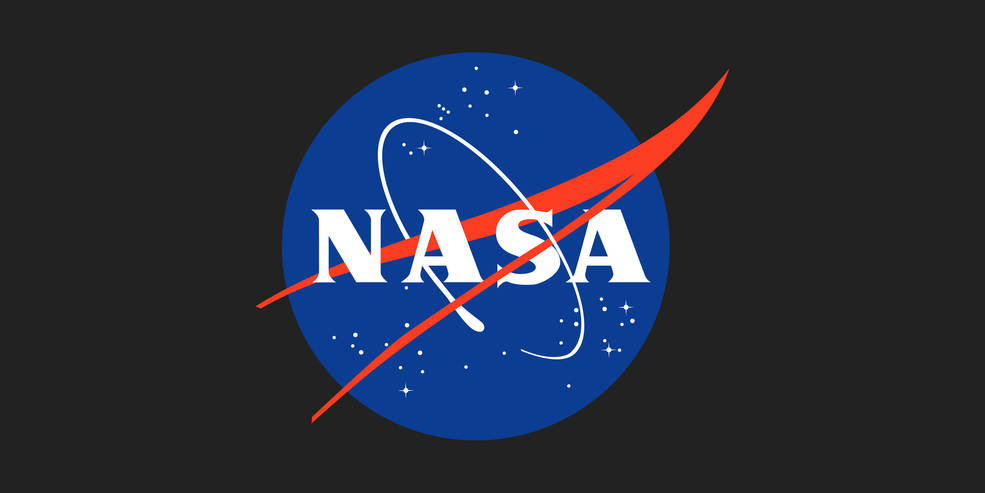
NASA has awarded $1.2 million to nine universities and organizations across the country for research and technology development projects in areas critical to the agency’s mission, including studying radiation effects and growing food for long-duration space travel.

NASA’s Established Program to Stimulate Competitive Research (EPSCoR) supports science and technology research and development at colleges and universities. All projects are applicable to NASA’s work in Earth science, aeronautics, and human and robotic deep space exploration.
The schools will transfer research resulting from the projects to NASA, where it may be used as part of ongoing agency work.
The complete list of awardees and selected proposals are:
International Space Station Flight Opportunities
- Oklahoma State University, Stillwater: Enhanced Active Tissue Equivalent Dosimeter (eATED) for Space Crew Dosimetry.
- Montana State University, Bozeman: Microgravity Demonstration of a Novel In-Space Food Production System.
- University of Delaware, Newark: Reliability Evaluation of the Integrated Photonic Receiver Subsystems with All-Optical Signal Processors.
- University of Puerto Rico, San Juan: Microgravity Experiment to measure the Speed of Sound inside simulated Asteroid Regolith in the ISS environment (MESSAR).
- University of Kentucky, Lexington: ISS Flight for Instrument Testing.
- Iowa State University, Ames: Properties and Performance of Solder Joints Produced in Reduced-Gravity Environments: ISS Flight Opportunity.
Suborbital Flight Opportunities
- University of Alabama, Huntsville: Three-Dimensional Plume-Surface Interaction and Crater Formation Dynamic Measurements in Reduced Gravity Environments.
- University of Mississippi, Oxford: Thermal Transport Characterization of Phase-Change Material (PCM) Infused in Annular Passage Filled with Additively Manufactured Metal Foam Obtained Through Octet-Shaped Unit Cell Reticulation Under Micro-gravity Conditions.
- Oklahoma State University: Suborbital Flight Demonstration of Ionizing Radiation Dosimeters for Use in the Upper Atmosphere.
EPSCoR helps develop partnerships among NASA research missions and programs, academic institutions, and industry. It also assists the awardees as they establish long-term academic research enterprises that will be self-sustaining and competitive, and contribute to local economic viability and development.
To learn more about EPSCoR, visit:

